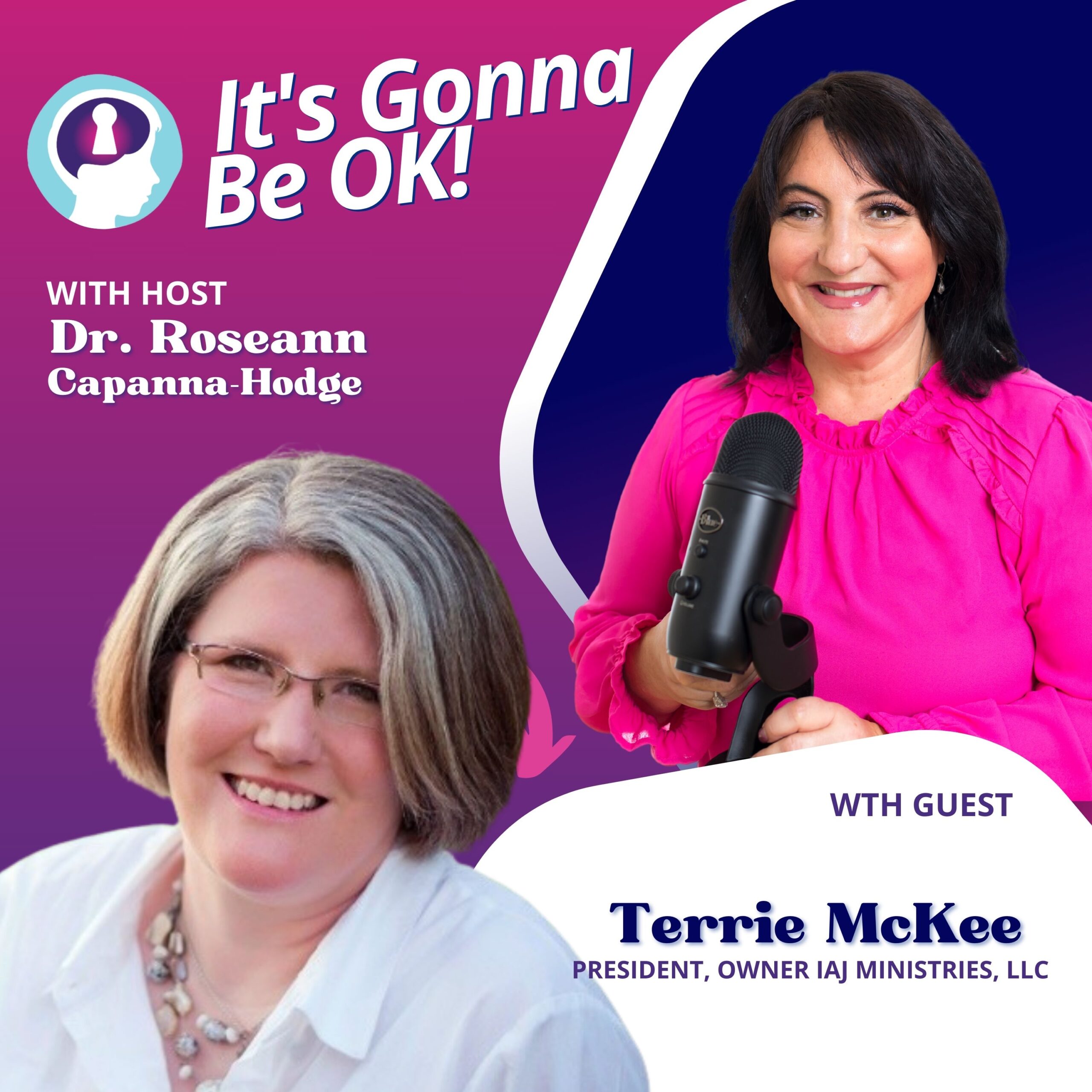Sometimes, the effects of head injuries or concussion don't appear instantly. In fact, there are cases wherein patients see it years later when it has already affected their attention, executive functioning, or mood.
If you’ve ever wondered whether or not your child’s focus problems or mental health issues like anxiety, depression, or others might be related to a head injury or concussion, this episode is for you as we discuss more about the relation of concussion recovery and mental health and how neurofeedback and PEMF works for concussion recovery.
How the brain is healing at night when you go to sleep.
There’s this common notion that when you get a concussion, you’re all good a few days after. For Ellyn’s son, Colin, he had his first concussion when he went down face first on the turf with his helmet and was knocked out. He was recovering the whole summer but then had another horrible concussion when he went out to play basketball where he hit his head against somebody’s head.
It was Ellyn’s brother-in-law who introduced them to brain mapping or QEEG to be able to check Colin’s brain. They also tried consulting with neuropsychologists who did cognitive behavioral therapy since Colin was not getting better. In the morning, Colin would wake up and not be able to get out of bed.
How do you feel when you wake up in the morning after you go to sleep? That's the pivotal question I asked that led to a clearer picture of what’s happening to Colin. Apparently, for Colin, it feels like he doesn’t go to sleep despite actually sleeping. It would seem that his brain was not able to shut down.
It’s important for our brain to shut down because it heals at night when you go to sleep. And so, we did a few sessions of neurofeedback and we already witnessed how much progress Colin was making. There was less fatigue and mood swings. Hence, the missing link in this case is the neurofeedback.
Mental health and depression in the family.
Sometimes, it just gets to a point where your child’s overwhelmed with everything and he just gets tired and over it. It came to a point wherein Colin complained about stopping everything because he’s tired of fixing himself and expressed that he’s not broken.
And so, his family made him go back to getting neurofeedback treatment and QEEG where it showed that Colin is not clinically depressed nor does he have ADHD. This is what's so beautiful about brain mapping – you get to see a clear picture of what’s really happening to the brain.
Colin really embraced neurofeedback and learned how to regulate himself. One of the good things about this is that he has started taking care of himself better now because of the tools and resources that were provided to him. We have to remember that mental health is an evolutionary process and so, we have to continue keeping our mental health checked.
A concussion can cause minor to major changes in our brain’s activity and so, neurofeedback greatly helps in monitoring brain activity and providing real-time feedback to the brain. It can improve problems including headaches, sleep disruptions, and mood swings by teaching the brain to produce particular kinds of brain waves.
Anxiety and depression can also result from concussions. The good thing is that neurofeedback has been shown to be beneficial in lowering the signs and symptoms of anxiety and depression by modulating brain activity in regions of the brain that affect mood and emotion.
The importance of having an anchor in your child’s life.
A sense of security, stability, and support that comes from having an anchor in your child's life can have a positive effect on their entire development and well-being. This can help children build resilience, self-esteem, and a sense of belonging.
An anchor can act as a good role model for a child, offering direction and assistance as they move through various developmental phases. In relation to this, during a concussion recovery, being an anchor for your child during concussion recovery is important to provide support and a sense of security.
Your child may experience pain and a range of emotions which can be tough to manage during concussion recovery. Be proactive in looking for tools and resources that can aid in your child’s recovery. Most importantly, encourage your child to rest and let the brain heal.
If you’re looking for a device to calm you down anytime or anywhere, check out our Calm PEMF.
➡️ Get help from Dr. Roseann and her team. Apply here.
Links and Resources:
Is It ADHD Or Something Else?
If your child is struggling in ways that make you wonder if they have ADHD, I've developed a quiz to tell you if your child has ADHD, or if it's something else that should be on your radar. It's FREE to take the quiz, and you can get your results immediately.
➡️ “Is it ADHD or something else?” Take the quiz.
➡️ Join our FREE Natural Parenting Community to receive science-backed resources for your child and family. Join here.









